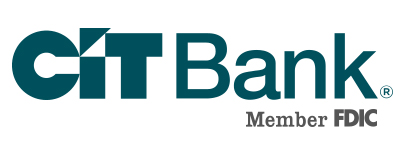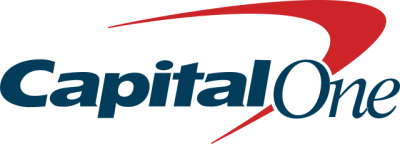Pros:
- Low opening required amounts
- Variety of accounts offered
- Online Savings Plus account
- Competitive interest rates
Cons:
- Tiered interest rates on accounts
- CD early withdrawal penalty high
- Checking account has monthly fees
- Cannot open all accounts online
Pros:
- Chase Pay
- Chase Liquid
- Credit Journey
- Chase QuickDeposit
Cons:
- Products Not Offered Everywhere
- Accounts Have Fees
- High Opening Amount
- High Daily Balances
Third Federal accounts have low opening required amounts. The high yield checking account requires $10 to open. CDs only require $500 to open. Third Federal money market account requires a high amount. That account requires $5,000 to open.
Third Federal offers a variety of accounts. Those accounts include personal deposit and business accounts. Those accounts include checking, savings, and money market accounts. The CDs range in terms from 30-days to 10-years. Lending and credit cards are also offered through Third Federal.
The Third Federal Online Savings Plus account is an entirely online account. This account requires $5,000 to open and to earn interest. There are no monthly fees and no limit on monthly transactions.
Interest rates for Third Federal accounts are competitive. They are higher than other brick and mortar bank accounts. The interest rates are competitive with other online accounts.
Third Federal accounts have tiered interest rates. The money market and savings account require a balance of $100,000 to earn the best interest rates. The checking account requires a $25,000 balance to earn the best rate. Balances under these amounts earn interest, just not the most competitive rate.
Third Federal CDs have high penalties for withdrawing money before the maturity date. CDs from one to three years require six months’ worth of interest. CD terms over four years require 18 months’ worth of earned interest.
The Third Federal checking account has a monthly fee. The fee is $7 a month. Waive that fee by keeping an average daily balance of $1,500 in the account. That average balance can come from all Third Federal accounts or just your checking account.
Not all Third Federal account can be opened online. To open a money market or checking account must be in a branch location. You can open a savings account and CDs longer than 6-month terms online.
Chase Pay is a digital wallet. It makes purchases easy. Pay for gas without getting out of the car. Pay without transferring your card number to websites and apps with the Chase Pay logo. You can use the QR code at stores. Coupons are automatically added to your favorite stores.
Chase Pay lets you use your Chase Ultimate Reward points to make purchases. This keeps your information secure and up to date. Thousands of places accept Chase Pay including Walmart and Best Buy. You still earn reward points when you use Chase Pay. This cannot be used with subscriptions like Netflix or Amazon Prime or outside the U.S.
Chase Liquid is a reloadable card. Opening deposit is $25. Money is directly deposited on the card. Money can be deposited through Chase QuickDeposit, direct deposits, or you can transfer money from other accounts to the cards. With the Chase Liquid card, you can make purchases, withdraw cash, pay bills, and use Zelle. It offers zero liability protection for unauthorized transactions. There is a $4.95 monthly fee to use Chase Liquid.
Chase Credit Journey helps get your credit under control. This is free to anyone, not just Chase customers. Get email alerts about changes to your credit. Check your credit score anytime for free, without hurting your score. Credit Journey shows how credit is affected when debts are paid off, or new accounts opened. Using this tool helps prevent fraud.
Deposits are easy with Chase QuickDeposit in the Chase Mobile App. Snap a picture of your check and follow the instructions. Make a deposit anytime, anywhere from a mobile phone or tablet. Step-by-step instructions are on their website.
Not all Chase products and features are offered in all areas. Input your zip code to learn what products are available in your area.
All Chase accounts, except CDs, have fees. Savings and checking accounts have a monthly maintenance fee. The fees range from $5 to $25. Waive fees by having a minimum balance in the account, or by linking a checking and savings account together. Direct deposits or automatic payments waive the monthly fees as well.
Every account with Chase needs a minimum of $25 to open. Some accounts require $100 as the opening balance.
Savings and checking accounts require a daily balance to avoid fees. The daily balances range from $1,500 to $100,000. If you cannot maintain this amount, you will have to use one of the other ways to have your fees waived.


